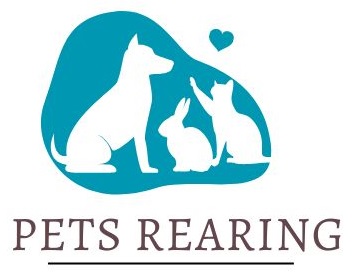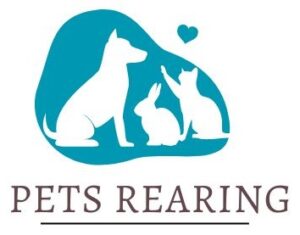Introduction cat purr
If there’s one thing that people know about cats, it’s that they can make so many different sounds. Cat owners have learned to recognise their feline friends’ sounds and the ways in which they communicate, from the traditional meow to the high-pitched yowl.
One of the most distinctive sounds a cat can produce, and one that is even audible as a vibration, is the purr.
Cats purr to convey a variety of messages. You’re more likely to be able to distinguish between the various meanings if you have a closer relationship with your feline.
Purring typically indicates nothing is wrong, but occasionally it indicates a health problem. Having the best pet insurance plan is always a good idea in case you have concerns about your cat’s behaviour.
In this articles discuss about why do cats purr, how do cats purr, cat purr.
Why Do Cats Purr?
Cats curling up on their laps and purring lovingly is a common sight for many cat owners. There are occasions when this noise is accompanied by meows or kneading sounds that suggest the cat is “making bread.” Still, there are a lot of different reasons a cat might purr.
To Show Affection/Contentment
A cat will frequently purr while rubbing up against you or curling up on your chest. These are unmistakable indicators that your cat is content with you being around.
When a cat is happy, they will purr. According to certified feline trainer and behaviour consultant Stephen Quandt, “It’s a means of conveying contentment or possibly happiness.”
To Express Hunger
Your cat friend may start purring around suppertime. Your cat may also rub up against your leg or meow to truly get your attention in addition to this.
“A cat that is anticipating its meal may occasionally purr in a way that is a little bit different from a regular purr.According to Quandt, “[It] might make a purring sound with an extra vocal frequency to it.”
To Greet You
Your cat might purr when you get home after a hard day at work because it is happy to see you. In addition to purring, your cat might leap to your feet and give you a few meows to say “hello.”
To Relieve Stress
Some people think that cats’ purrs can heal, both humans and other cats. According to a 2001 study published in The Journal of the Acoustical Society of America, cats purr at frequencies between 25 and 150 hertz, which are also used to treat human “bone growth/fractures, pain, edoema, muscle growth/strain, joint flexibility, dyspnea and wounds.”
According to Quandt, “cats will also purr to relieve stress or pain—to self-soothe,” though this isn’t as common. The cat may purr for the same reason if it is battling an infection or another injury.
To Get Your Attention
Despite their reputation for independence, cats occasionally may beg for your attention. Meowing and purring are two more vocalisations that can be used to get it. When a cat purrs, it may be indicating that it wants attention, food, or to play.
To Bond With Their Mother
Kittens are deaf and blind from birth. Often, purring is the only way they can communicate with their mother. Quandt says, “They can feel their mum, even though they can’t see or hear her.” The kitten learns that it can nurse from its mother by this purring between them. Vibration transforms it into a means of communication.
Cats will purr to communicate with their mother when they are hungry or to be comforted. It’s believed that cats purr at their human parents due to these innate tendencies.
How Do Cats Purr?
Cats use their diaphragm and larynx, or voice box, to produce purring sounds while they breathe. Purring is the sound made by vibrating air passing over the larynx. According to Quandt, cats also have a unique rigid bone in their throats called a hyoid bone, which is thought to have “vibrating qualities.”
Why Does My Cat Purr So Much?
Is there a reason your cat purrs so much? Alternatively, your cat may not purr at all or only sometimes. There could be a few reasons why every cat is different when it comes to vocalisation.
Quandt says, “Pets have different personalities.” While some people tend to be more independent, others are gregarious, friendly, and social. Certain cats may be more or less motivated to purr depending on their personalities and unique characteristics.
Quandt suggests that another reason why some cats might not purr frequently is that they might believe that purring is not required in order to have their needs met. If they’re happy with how frequently they receive food and attention, they might not feel the need to express it.
In a similar vein, they might not purr because they were never taught that it’s a useful communication tool. Quandt speculates that because they were not with their mothers for a sufficient amount of time, kittens who were taken from them at a young age might not have been stimulated to purr by their moms.
If your cat used to purr but has stopped recently, there might be a medical explanation. It’s best to bring your cat to the veterinarian so they can examine it professionally.
Click below to Read More about Cats Raising
For More Information visit our Homepages:


